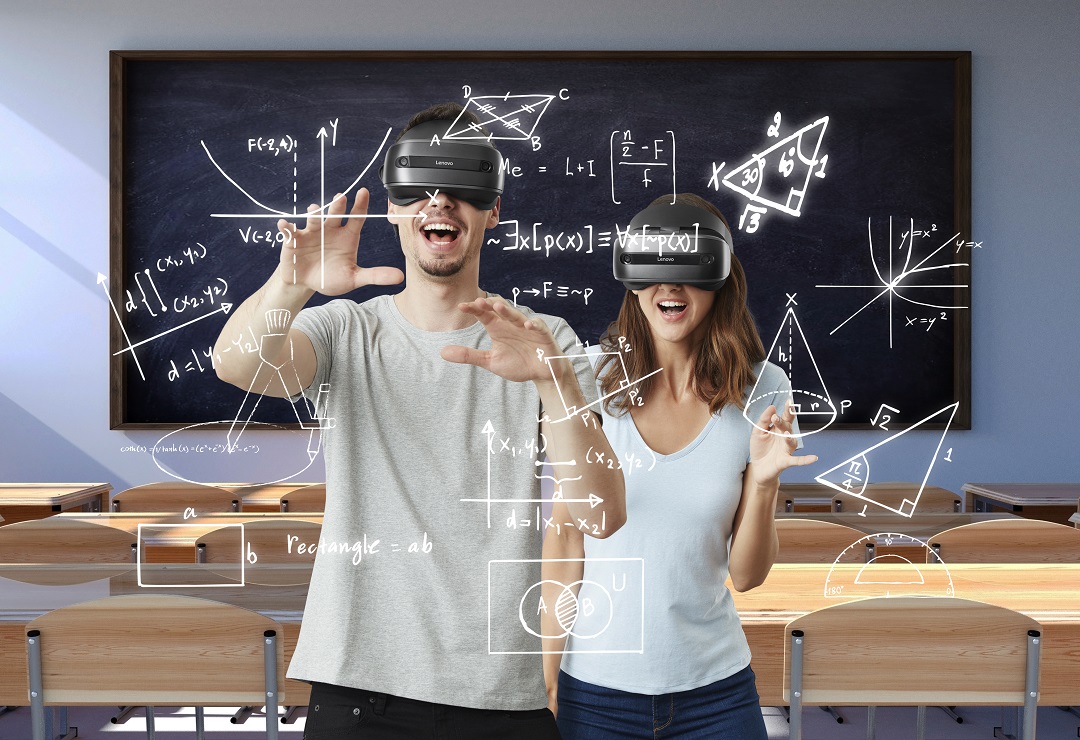Lawyer
Augmented reality (AR) is becoming increasingly popular in education, opening up new opportunities for interactive learning. However, the implementation of these technologies is accompanied by a number of legal issues that must be taken into account to ensure the legal protection of participants in the educational process. Let's consider the main legal aspects of using AR in education and the learning process.
The right to intellectual property
Augmented reality technologies include various intellectual property objects, such as software, graphic materials, audiovisual content, etc. It is important to ensure the legitimate use of these objects in the educational process. Consulting a lawyer will help determine what licenses and permits are required to use AR technologies, as well as how to protect your own developments. Analysis of documents confirming intellectual property rights is critically important at the stage of implementing AR in educational institutions.
Protection of personal data
The use of AR technologies in the educational process may include the collection and processing of personal data of pupils and students. This requires compliance with the legislation on the protection of personal data, in particular the Law "On the Protection of Personal Data". Legal advice will help to develop policies and procedures to ensure data confidentiality, as well as to analyze documents related to the collection and processing of personal data. A lawyer's legal opinion on compliance of the activity of the educational institution with the requirements of the law will help to avoid possible violations.
Licensing and certification
The use of AR technologies in the educational process may require certain licenses and certificates. This can apply to both software and hardware. A lawyer will help determine exactly which licenses are needed, as well as what requirements must be met in order to obtain them. Analysis of documents related to licensing will help ensure compliance of the educational institution with established standards. A lawyer's legal opinion will help assess the legality of using AR technologies in the educational process.
Copyright and plagiarism
One of the important aspects of using AR in education is the issue of copyright and avoiding plagiarism. Pupils and students can create their own copyrighted content. Consultation with a lawyer will help to develop internal copyright policies, as well as to teach the participants of the educational process the basics of the legal use of other people's materials. A lawyer's legal opinion on the policies of the educational institution will help to avoid copyright violations and accusations of plagiarism.
Safety and ethical issues
The use of AR technologies in education also raises issues of safety and ethics. For example, it is important to ensure the safety of students when using AR equipment, as well as consider the ethical aspects of using virtual content. Consulting a lawyer will help develop security and ethics policies, as well as analyze documents related to the use of AR technologies. A lawyer's legal opinion will help assess the compliance of the educational institution's policies with legal requirements and ethical standards.
Responsibility for the use of technologies
The issue of responsibility for possible negative consequences of the use of AR technologies in the educational process is an important aspect of legal regulation. It is important to determine the limits of responsibility of the educational institution, software developers and other participants in the process. Analysis of documents governing liability will help establish clear boundaries and avoid legal conflicts. A lawyer's consultation and a lawyer's legal opinion will help to develop contracts and agreements that take into account all possible risks.
Conclusion
The use of augmented reality technologies in education and the learning process opens up new opportunities for interactive learning, but also requires careful legal regulation. From the protection of intellectual property and personal data to licensing and ensuring security - every aspect requires professional advice from a lawyer. Analysis of documents, preparation of legal opinions and development of internal policies will help educational institutions to ensure the legality and effectiveness of the use of AR technologies. A lawyer's legal opinion is an indispensable tool for the successful implementation of innovations and protection of the interests of all participants in the educational process.





























